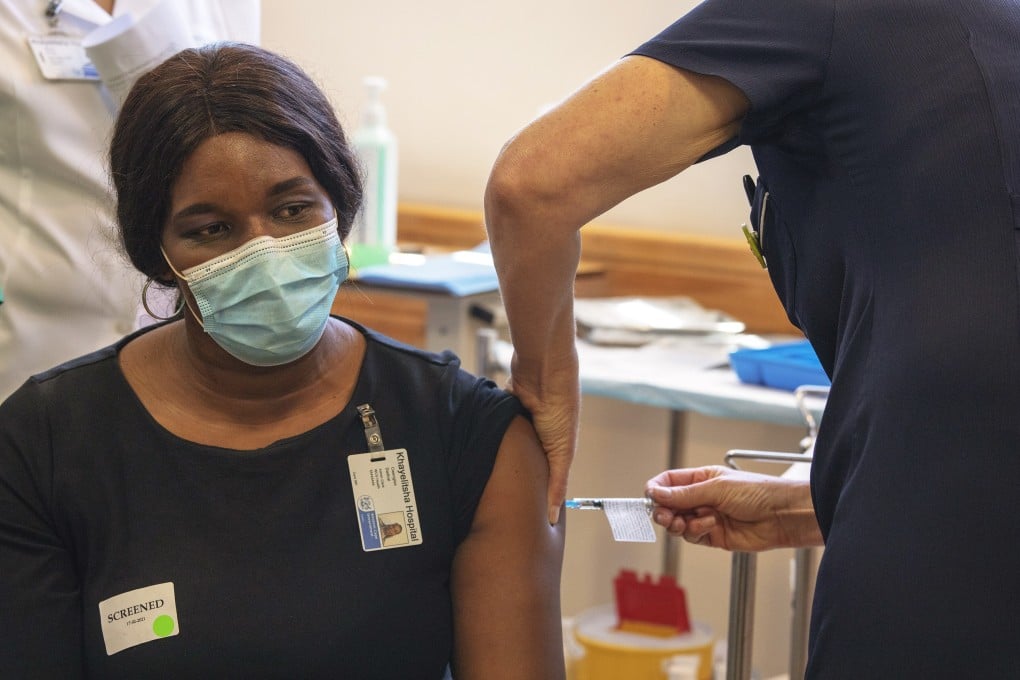Advertisement
Coronavirus: Sinovac claims good results against British and South African strains challenging vaccine makers
- Vaccine makers prepare to develop improved booster shots to stay on top of emerging variants
- Sinovac CEO says inactivated vaccines offer a broad spectrum of protection but the company did not show data backing its claim
Reading Time:3 minutes
Why you can trust SCMP
50

Zhuang Pinghuiin Beijing
The emergence of a more contagious strain of the coronavirus first discovered in South Africa has kept vaccine developers around the world on their toes for fear it might impair protection offered by their products.
The developers are testing how the variant, known as B.1.351, is affecting the immunisation power induced by their vaccines and preparing to update their booster shot.
On Wednesday, Sinovac’s partner in Brazil said its Covid-19 vaccine worked well against the coronavirus variants first found in Britain and South Africa but did not provide further details.
Advertisement
“We have tested this vaccine in China against the English and the South African variants, with good results,” Dimas Covas, head of the Butantan Institute which tested and makes Sinovac’s vaccine in Brazil, told Reuters.
Covas did not elaborate on how well the vaccine, called CoronaVac, worked on the variants or show data to support such a conclusion.
Advertisement
Advertisement
Select Voice
Choose your listening speed
Get through articles 2x faster
1.25x
250 WPM
Slow
Average
Fast
1.25x